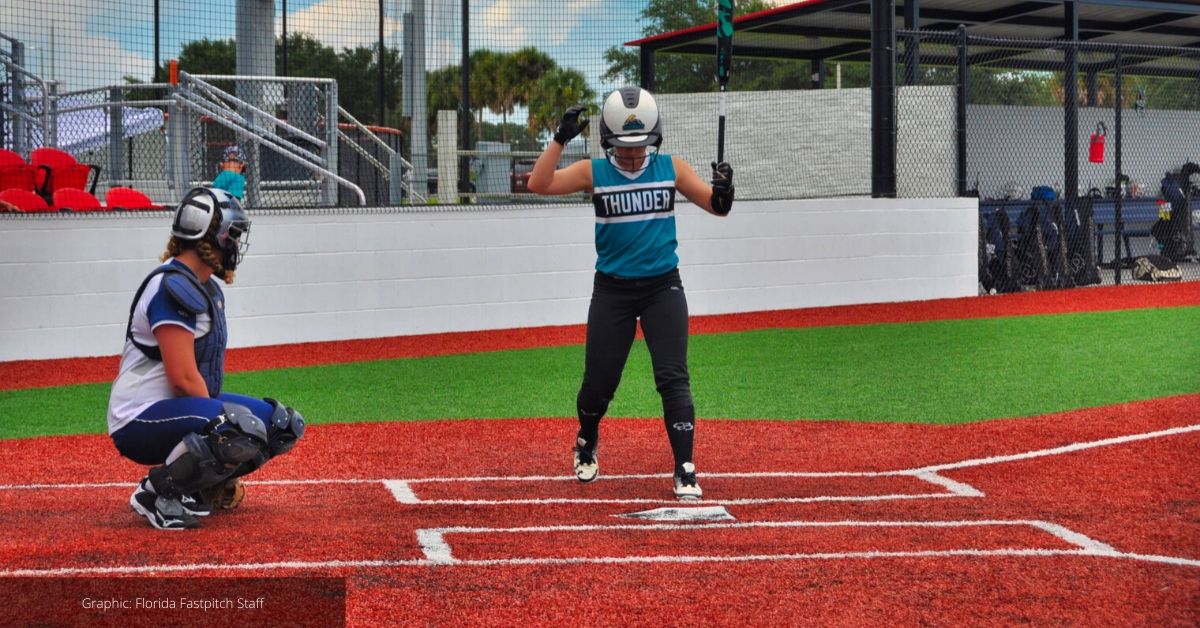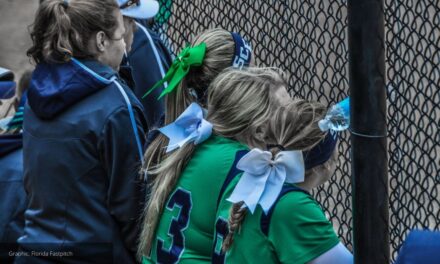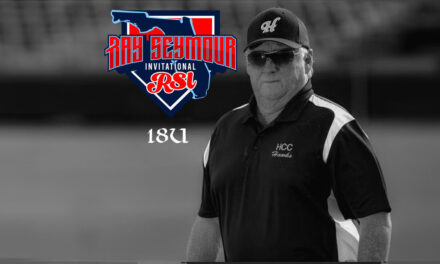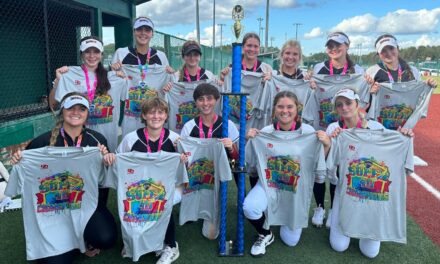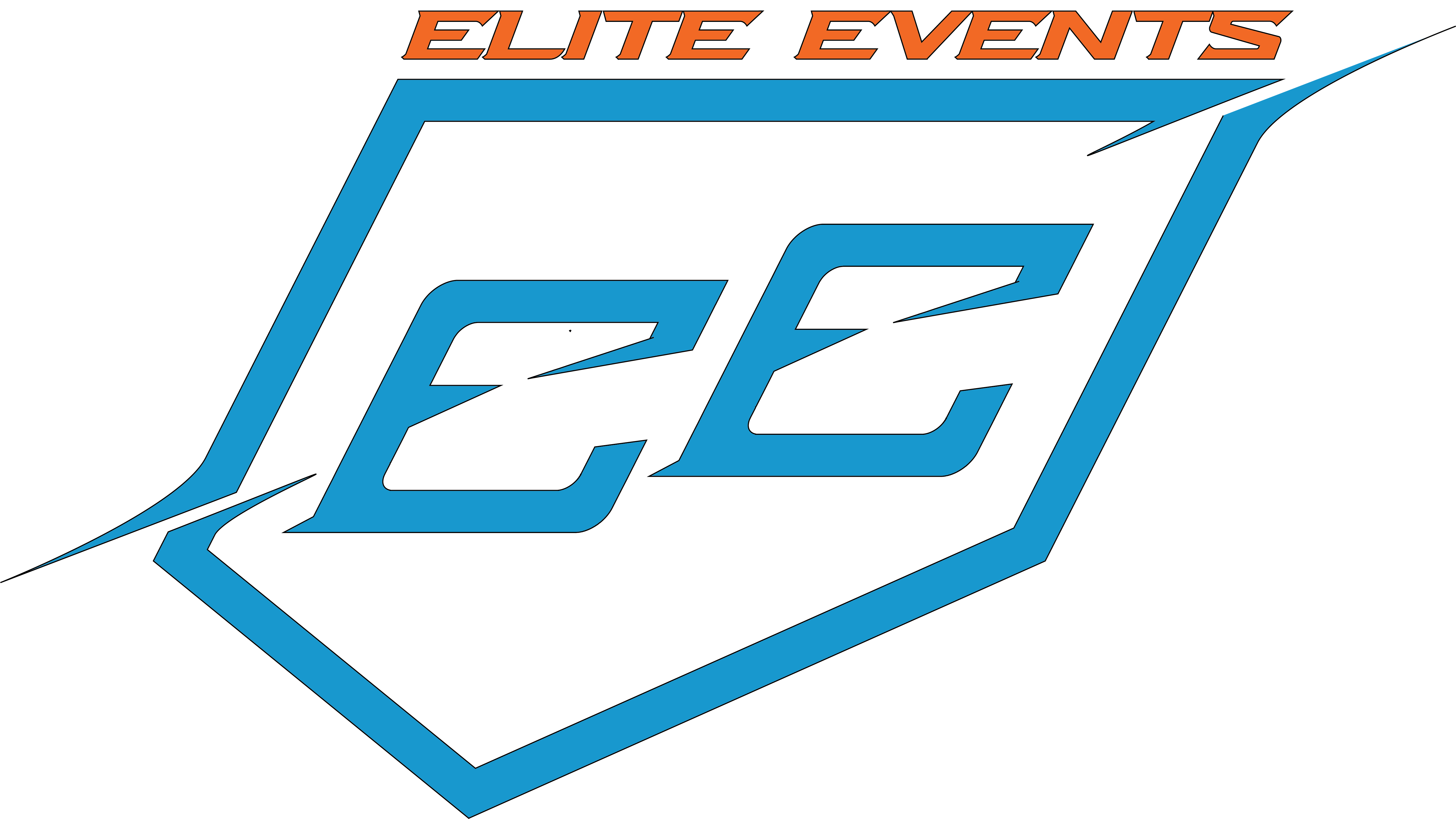Has anyone noticed the vast expansion of club (Travel) softball in the past five years? We have, we have also seen a decline in local community-based programs. That correlation is pretty obvious, as one grows, the other decreases. So why have we seen this shift?
A variety of things have occurred that have contributed to the issue. The first and the most positive is that players are getting better at a younger age, and the demands for higher-level coaching and more practices are going up. On the one hand, this is great, and the market has a need, and people are rising to meet the demand.
Next, we have the disgruntled parent(s). This factor is less of a positive, but could also be beneficial. For it to be beneficial, the reason they are disgruntled is essential. Did this happen because the people running the previous organization were not doing a good job? Was that organization ran by parents who only had a small group’s interest in mind? Was it just local “Daddy Ball”? Leaving one organization for another for any of the reasons stated would make sense and could lead to the creation of a better ran organization.
On the other hand, you also see clubs forming because parents believe their child is better than they are, and they want to have control of the organization. These lead us to “Club Daddy Ball” and not exactly a positive thing. Daddy ball is an unfortunate aspect of today’s game. Some people who read this will be like “right on,” and others will act as if it does not exist. Having been around the game for a long time makes it is easy to see when a club or organization has the Daddy Ball mentality. Unfortunately, those close to it can not see it.
Club softball can provide an excellent service for developing players, and despite what many think, it does not have to be overly expensive. Clubs should offer a higher level of coaching, competition, and training on a more consistent basis. Many clubs have come about to meet this exact need. These clubs are often, but not always created or started by parents of the players. So how can you tell the difference between the clubs and avoid moving from one lousy environment to another?
Look for programs that hire coaches that are not parents. We are not suggesting that there are not great parent coaches out there, it just means that if the head coach does not have a daughter on the team, the occurrence of Daddy Ball is less likely. Next, look for programs that have more than one age division and that values transitioning players to the next age level. Ask what the process is to resolve conflicts, be it around the players or the parents. Finally, look for a club that has a clear plan for the year, not just the month. Clubs that have robust plans tend to be better organized and have a more significant non-myopic approach.
A club has one primary goal. That goal is to provide players with the tools and resources to allow them to improve and compete at a higher level. It should not be about one player or group of players; it should be about the program as a whole. Developing players is a process and one that takes time. Often you see players at the younger ages who are just better than many of their peers. Things change over time, and consistent training will close that gap between players over time. Programs should embrace this and work hard to develop all players. If your goal is to create an organization void of Daddy Ball and politics, then do that, but keep in mind that in the end, it should be about all the players who come to your organization. If you can raise the skills of all, your organization will most likely find success.

